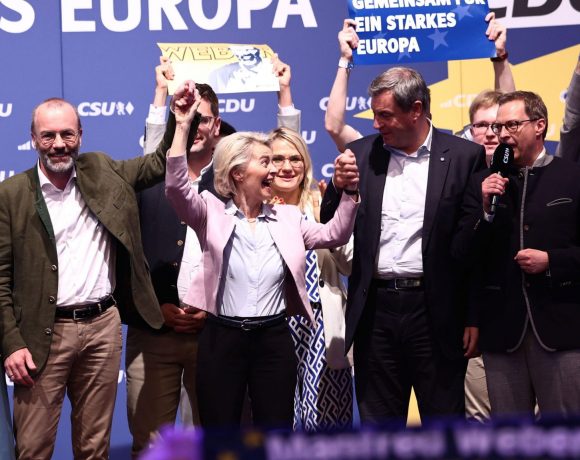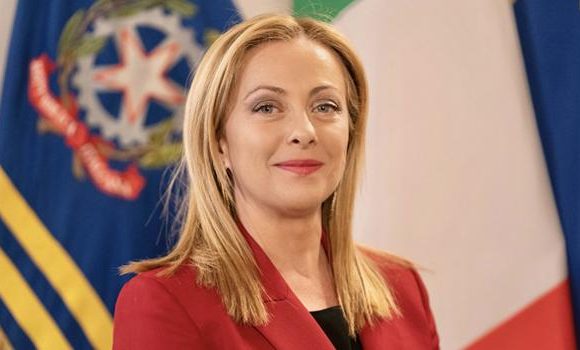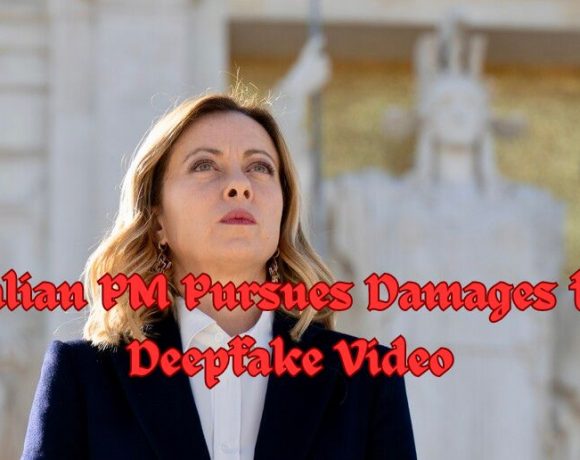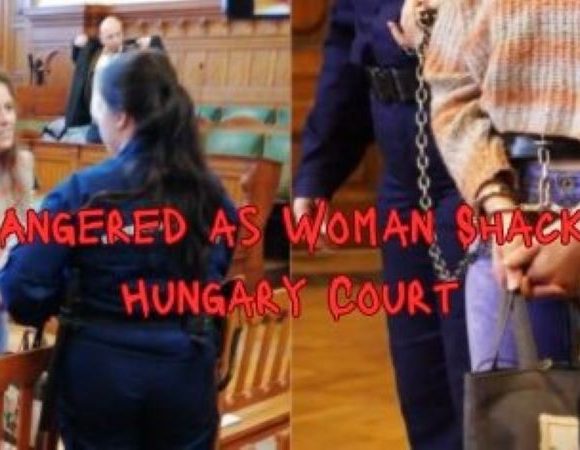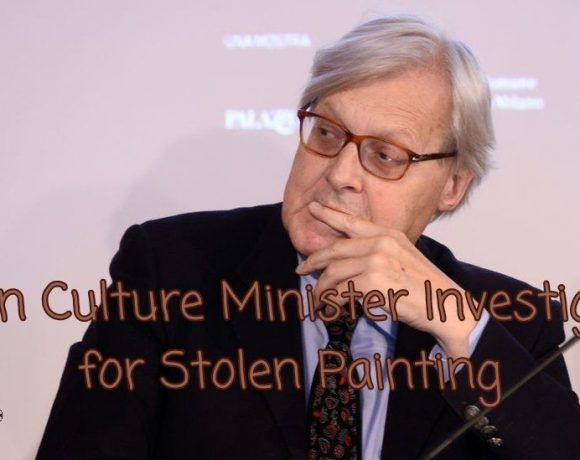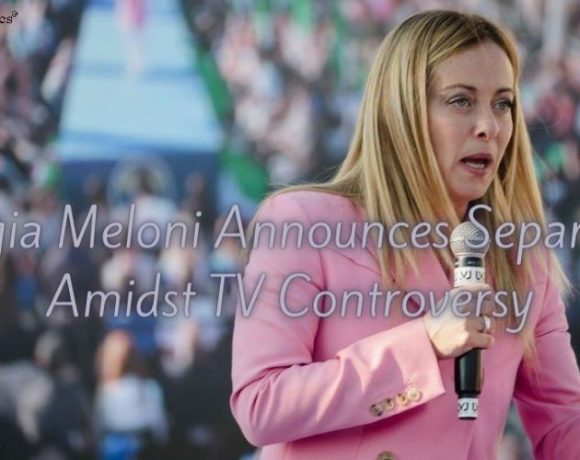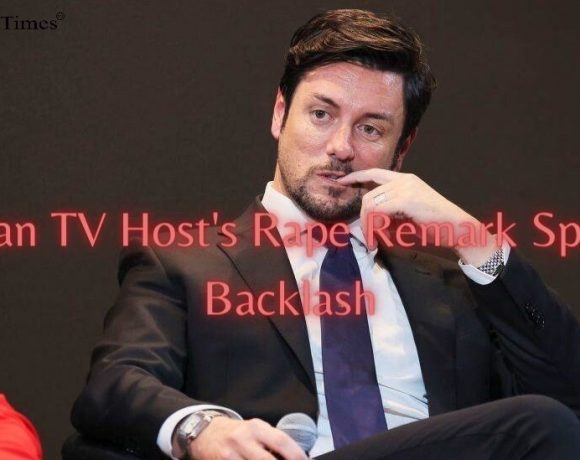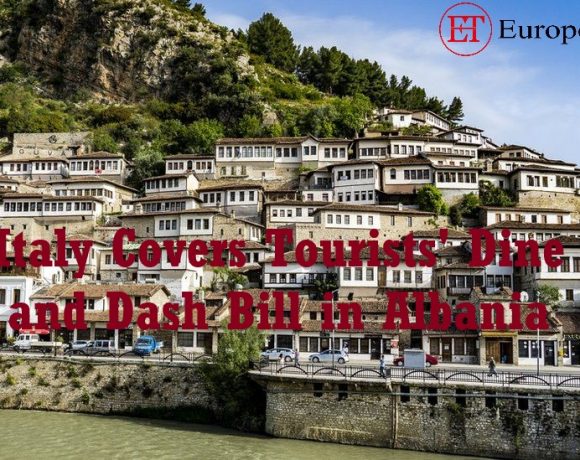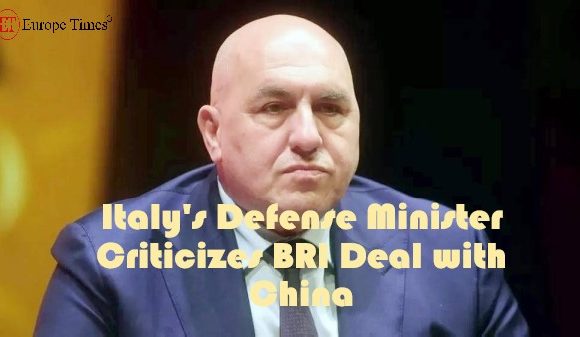Italians have begun voting on the third of four days of European elections taking place across 27 EU nations. Although these votes are for the next European Parliament, Italian Prime Minister Giorgia Meloni hopes the outcome will strengthen her position in Italian politics. She has even encouraged voters to “just write Giorgia” on their ballots.
Most EU countries are voting on Sunday after several weeks of turmoil during which two European leaders and other politicians were physically attacked. On Friday evening, Denmark’s Prime Minister Mette Frederiksen was assaulted in the street in Copenhagen ahead of Sunday’s Danish vote. She sustained minor whiplash, according to her office, and a suspect has been detained.
European leaders have expressed their shock at the latest attack amid elections involving around 373 million European voters. Last month, Slovak Prime Minister Robert Fico survived an assassination attempt and was only recently discharged from the hospital. Several German politicians have also been targeted.
While these elections are intended to be separate from national politics, the reality is often different, especially in Italy. Meloni, who leads the far-right Brothers of Italy (FdI), was appointed prime minister in 2022. She has taken the unusual step of putting her name at the top of her party’s ballot, despite having no plans to take a seat in the European Parliament.
Since becoming prime minister in 2022, Meloni has enjoyed steady poll ratings, helped by a fragmented centrist and left-wing opposition and the decline of her junior coalition partner, Matteo Salvini’s League party. To counter this trend, Salvini has shifted his party’s rhetoric further to the right. The League’s election posters, which criticize EU-backed initiatives like electric cars and tethered caps on plastic bottles, have drawn both ridicule and attention.
Salvini’s lead candidate, Roberto Vannacci, has also drawn attention. The army general, dismissed after self-publishing a book with homophobic and racist views, has doubled down on these views since becoming a League candidate. His messages are frequently amplified by the media, which could translate into votes for the League. If not, Salvini’s leadership could be in jeopardy.
Similarly, the left-wing Democratic Party (PD) leader Elly Schlein must match the 19% vote share from the 2019 elections to maintain her position. Further to the left, Ilaria Salis, a self-described antifascist activist detained in Hungary since 2023, is running on the Left/Greens platform.
These European elections hold significant importance. While the Netherlands voted on Thursday, with exit polls suggesting a tight race between a left-green alliance and Geert Wilders’ Freedom Party, other countries like Ireland, the Czech Republic, Slovakia, Latvia, and Malta are voting across the weekend. Germany is voting on Sunday, with the center-right CDU/CSU expected to surpass Chancellor Olaf Scholz’s Social Democratic Party.
In France, President Emmanuel Macron’s Renaissance party is competing for second place with the Socialist party, trailing Marine Le Pen’s National Rally (RN). Macron, warning of the threat to Europe from the surge of the right, has called for a high turnout. Slovak Prime Minister Robert Fico, recovering from surgery after an assassination attempt, has recently criticized Slovakia’s liberal opposition. Hungary’s Viktor Orban, opposing EU support for Ukraine, warned that Europe is nearing a point of no return in preventing conflict from spreading beyond Ukraine’s borders.
Italy’s polls will be the last to close at 23:00 (21:00 GMT) on Sunday, with initial projections combining provisional results and estimates expected shortly after.
Picture Courtesy: Google/images are subject to copyright


